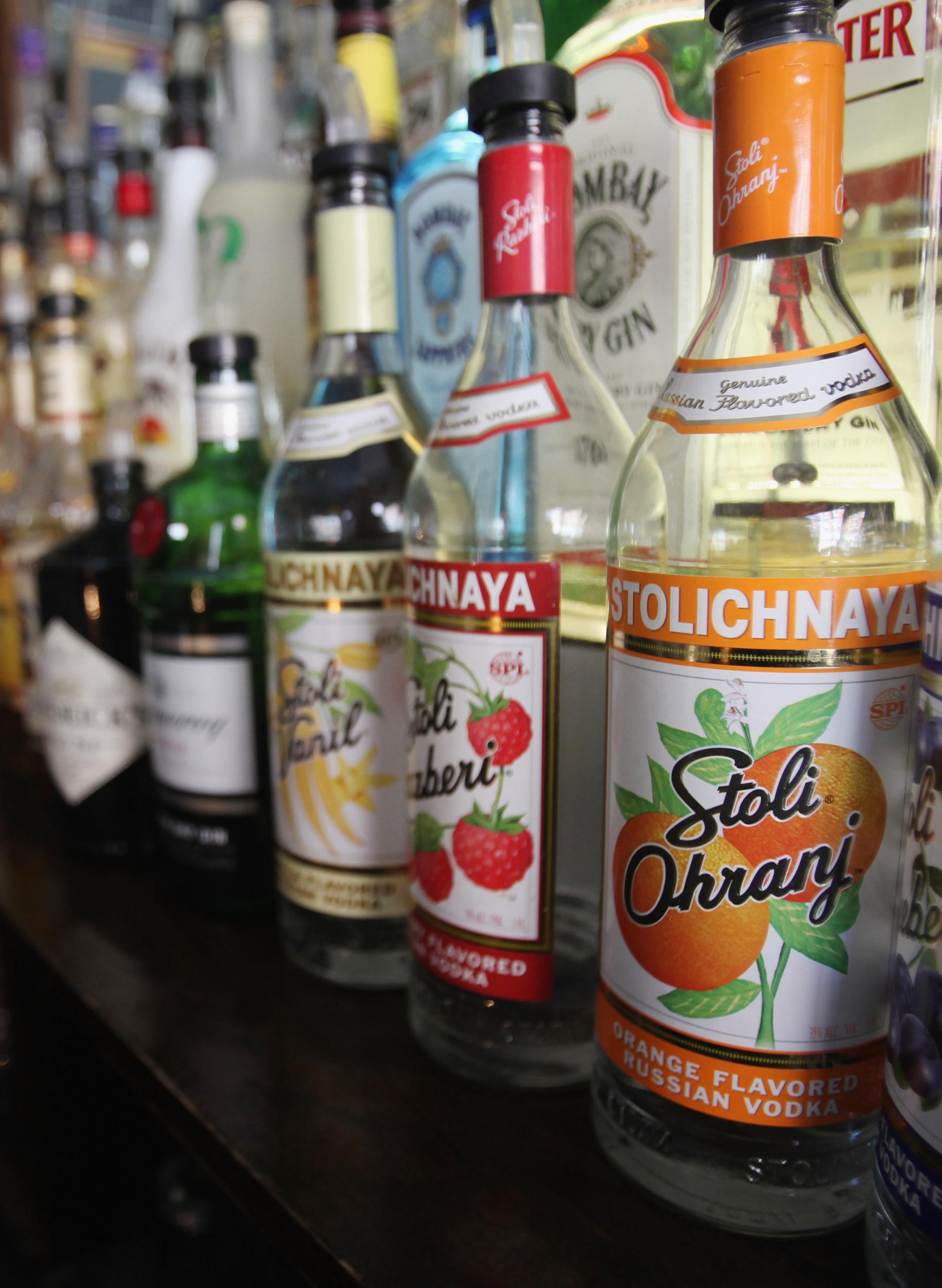I’ve done my risk assessment - nope, I won’t be giving up the booze
The notion of absolute teetotalism in this society is frankly unworkable

As if January wasn’t bad enough, what with the weather and the fitness goals and the looming tax bill, now we must contemplate the grim notion that all booze is bad.
There is, says the Chief Medical Officer, no safe limit. Not even for men. Adults can indulge in 14 units a week (basically a bottle of wine), but even that’s not advisable. Anything over that and you will find yourself on a seriously steep slope towards terminal illness.
There will be a few who will absorb all this finger-wagging with fear, and keep going with dry January. Sixteen per cent of the nation will feel smug, because they are already teetotal. Some of us will build into the week one or two booze-free days. The rest? We will probably feel guilty for a bit, stop the sauce, and then quietly slip back to previous lifestyle habits. Because we enjoy drinking, and because the habit of opening a few beers at the end of a working day, or uncorking a bottle of wine when people come over for supper, is far more deeply ingrained for the majority of us than the notion of meekly obeying state sanctions as proposed by the Chief Medical Officer, party pooper that she is.
And while we know that imbibing a glass of decent wine will usually result in a delicious sensation, doom-laden statistics and the risk they bring with them is a far less clear issue. As David Spiegelhalter, the professor of public understanding of risk at Cambridge University, points out, the notion of “risk” is one of those things which can be boiled down, or sexed up, almost at will. As the recent discussions about the possible increased danger of a heart attack by eating a bacon sandwich have proved.
Quite apart from the use or misuse of statistics with regard to risk, there is the immovable fact that life is inherently risky for all of us, and where you sit on its sliding scale is entirely up to you.
In addition to the bacon sandwich danger, there is the inherent risk of crossing any road; of breaking your ankle while skating, of breaking your back playing rugby, of having a heart attack while running a marathon, of developing lung cancer by smoking tobacco. Some of these risks are clearly advisable to avoid and we are protected from them by law (running across a motorway, smoking, base jumping). Others exist within a world of government scaremongering, overzealous health and safety, anecdote and vagueness.
As pointed out on Radio 4’s Today programme, the statistical risk of developing cancer (it’s always cancer) via a low-level drink habit is actually about the same as the risk to life by engaging in other everyday activities, such as driving. And we don’t usually feel scared, or guilty, about chancing our futures every time we climb into a Skoda Octavia, do we?
Cars are a modern lifestyle invention. Drink is an ancient lifestyle invention. Both activities are risky. Could you do without driving? Yes, I suppose so, what with Uber and public transport and cycle lanes. Could you do without drinking? Of course, what with sparkling elderflower and diet Coke. Banish both from your life and the risk is diminished. Thank you, Chief Medical Officer.
Resolving to drink only cranberry juice just because the Government has drawn up a paper which suggests that if you don’t, nastiness might arise in the next decade or so, is indeed a position, but it is a position which runs contrary to the notion of personal choice and the contemporary philosophy of “mindfulness”, or being present in the moment. You could of course go on a mung bean and water diet, travel everywhere by foot and propose to live until you are 100, but then get run over by the number 17 bus tomorrow.
I suspect that these new guidelines will be debated, considered and for the most part ignored. Because the notion of absolute teetotalism in this society is frankly unworkable (as well as miserable), and because the “risk” heralded by these figures seems at best somewhat specious and, at worst, ventures into bacon sandwich territory. Plus, why should the Government scare us with future doom and gloom at the bottom of a couple of bottles of Burgundy a week when there are all these obese people who are going to get diabetes and cost the NHS millions?
Bring on the sugar tax.
Join our commenting forum
Join thought-provoking conversations, follow other Independent readers and see their replies
0Comments